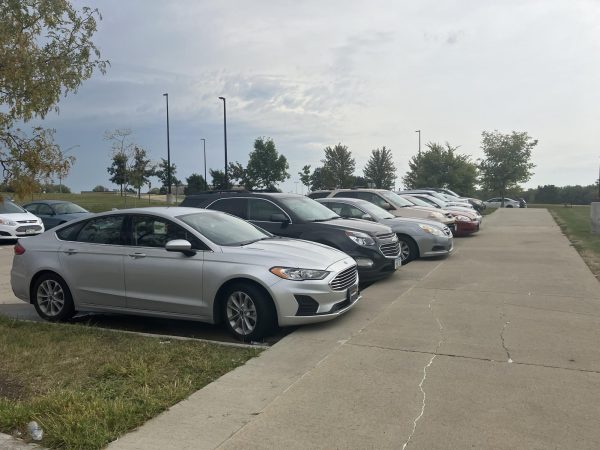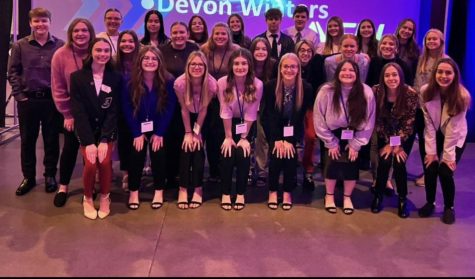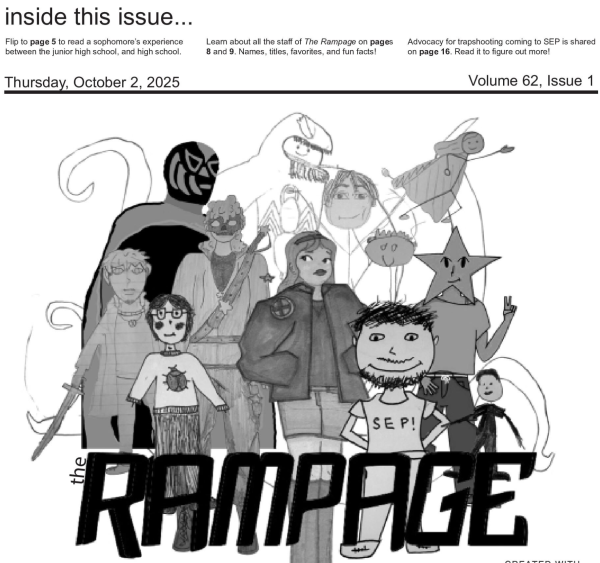Caffeine Overload
Drinking too much caffeine can have adverse effects on students

Overconsumption of caffeine is a problem for students and teachers alike. Whether it comes in the form of freshly brewed coffee or cracking open a can of soda, drinking too much caffeine can lead to lots of problems, despite a person’s age.
According to the U.S. Food and Drug Administration, a healthy adult can consume up to 400 mg of caffeine per day. However, for people under the age of 18, the American Academy of Pediatrics suggests that teens should only consume 100 mg per day and no caffeine for children under the age of 12. For context, a 12-ounce can of soda has 30-40 mg and an 8-ounce coffee has about 80 to 100 mg of caffeine.
English teacher Pat Owens has struggled with overconsumption of soda in the past leading him to decide to stop drinking it.
“I don’t know if it was so much caffeine I was worried about. Sugar was the thing I really focused on when ‘quitting.’ If I’m thinking about what I was drinking [Mountain Dew], I was probably at like an eight or nine” on a scale to 1 to 10 on how much he was addicted, said Owens.
After drinking pop consistently since he was in junior high, Owens decided to switch to a healthy alternative, Arnold Palmer tea.
“A 20 oz. Mountain Dew has 91 mg of caffeine, while Arnold Palmer has 43 mg, so I was probably above the daily limit and am now below,” said Owens.
Caffeine, although helpful in times of low energy, can have a lot of adverse effects, especially on teens. According to the University of Michigan Health, “Kids and adolescents can be more sensitive to caffeine’s undesirable side effects, such as anxiety, diarrhea, and dehydration. Even within suggested doses, caffeine use in the afternoon and evening can have negative impacts on sleep quality and quantity.”
Although withdrawal from caffeine can be tough, it can be worth it to reduce the side effects it can have.
“I had tried quitting cold turkey before and experienced some headaches. This time when I quit on January 1, 2019, there were no issues other than not feeling overly full after eating lunch and drinking a Mountain Dew,” said Owens.
So the next time students drink a caffeinated drink, they need to think about how much caffeine a drink has and what effects it could have on their bodies.
“I do not favor energy drinks in any way. There are adverse effects due to the high amount of caffeine and sugar. I just don’t think they are good for anyone,” said Owens.







